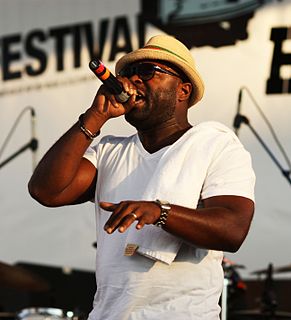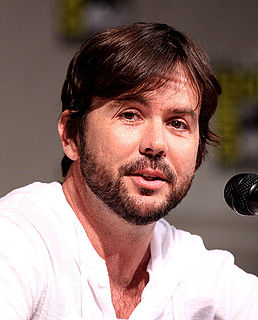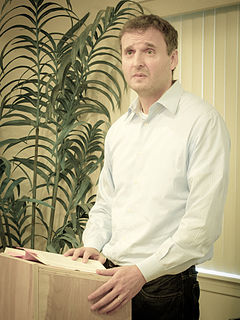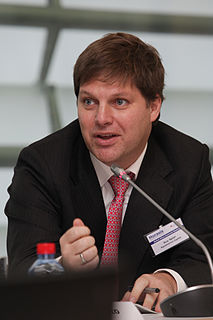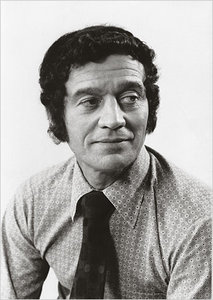A Quote by Edward Albee
The responsibility of the writer is to be a sort of demonic social critic -- to present the world and people in it as he sees it and say, "Do you like it? If you don't like it, change it.
Related Quotes
Who’s to say that it takes something like a drug to mess with your perception of reality? How did Hitler deceive a nation? How can one group of people look at the world and see one thing, and another see something completely different? One sees a town, another sees a desert. One sees beauty, another sees chaos.” The skin of this world,” he said quietly.
There's this great fashion among writers, especially those who follow the transnational conservatives like V.S. Naipaul, to disavow one's place in the world as a sort of box that has sprung you but is only worthy of your scorn, because it once contained you. And I've been tempted to say foolish things, like "I am an American writer" or "I belong nowhere," but the truth is I'm perfectly proud of identifying as an Indian writer, even if that might hurt my bottom line.
I say the elite looks out of touch because it's kind of saying; look we'll manage all this for you. You know, we know best. We'll sort it all out for you. And then because people believe that doesn't meet their case for change and they want real change, social media and the way the relationship between people can come into a sense of belonging very quickly, that then is itself a revolutionary phenomenon. You see this around the world.
If you're in the writer's room, in any writer's room in the world, before you pitch a joke or suggest an idea, you first think it's funny and decide to say it out loud. The next step is for the people around you to accept it or reject it, before it ever sees the light of day, on film or in front of an audience.
To choose a writer for a friend is like palling around with your cardiologist, who might be musing as you talk to him that you are a sinking man. A writer's love for another writer is never quite free of malice. He may enjoy discussing your failures even more than you do. He probably sees you as tragic, like his characters - or unworthy of tragedy, which is worse.








